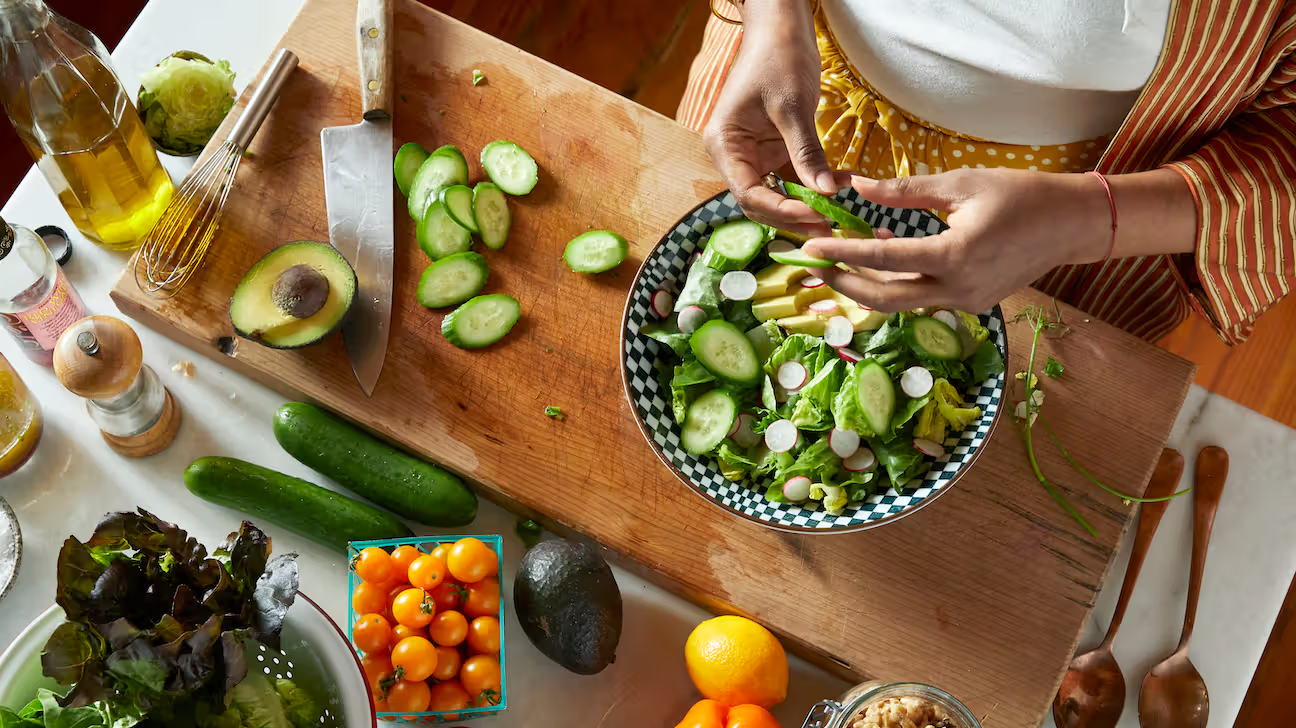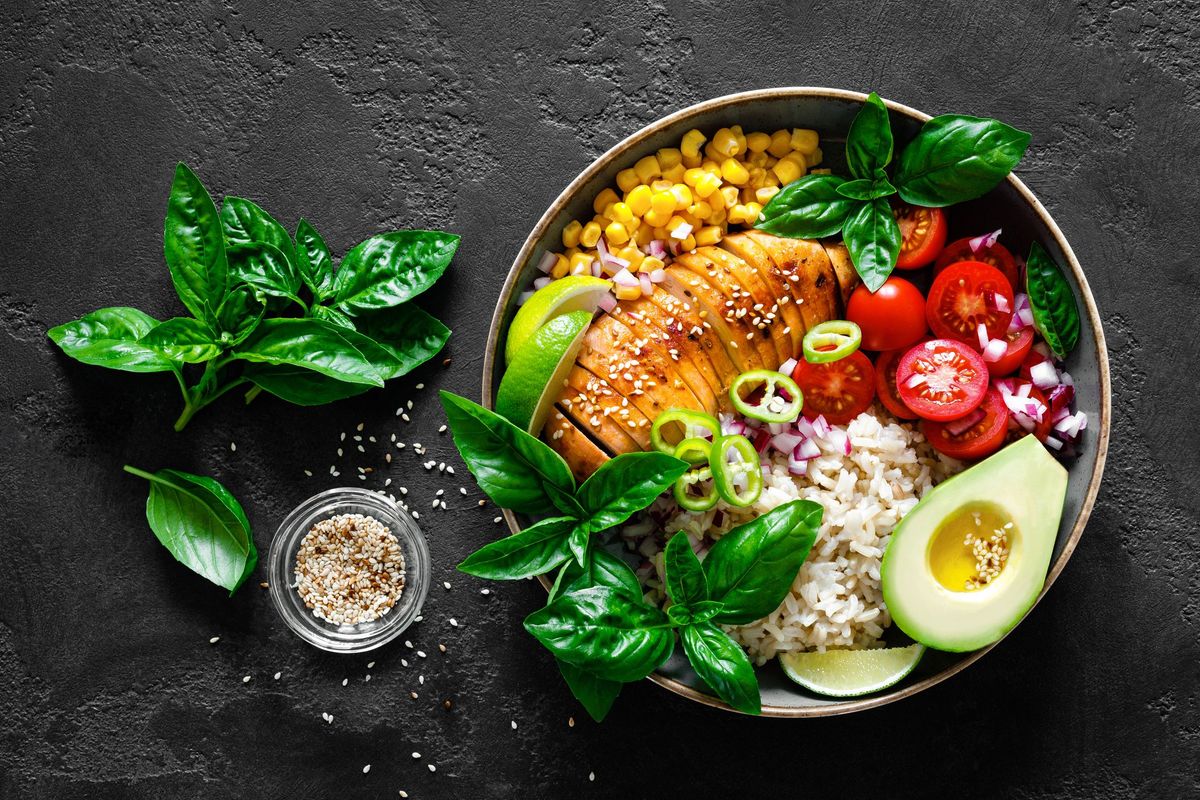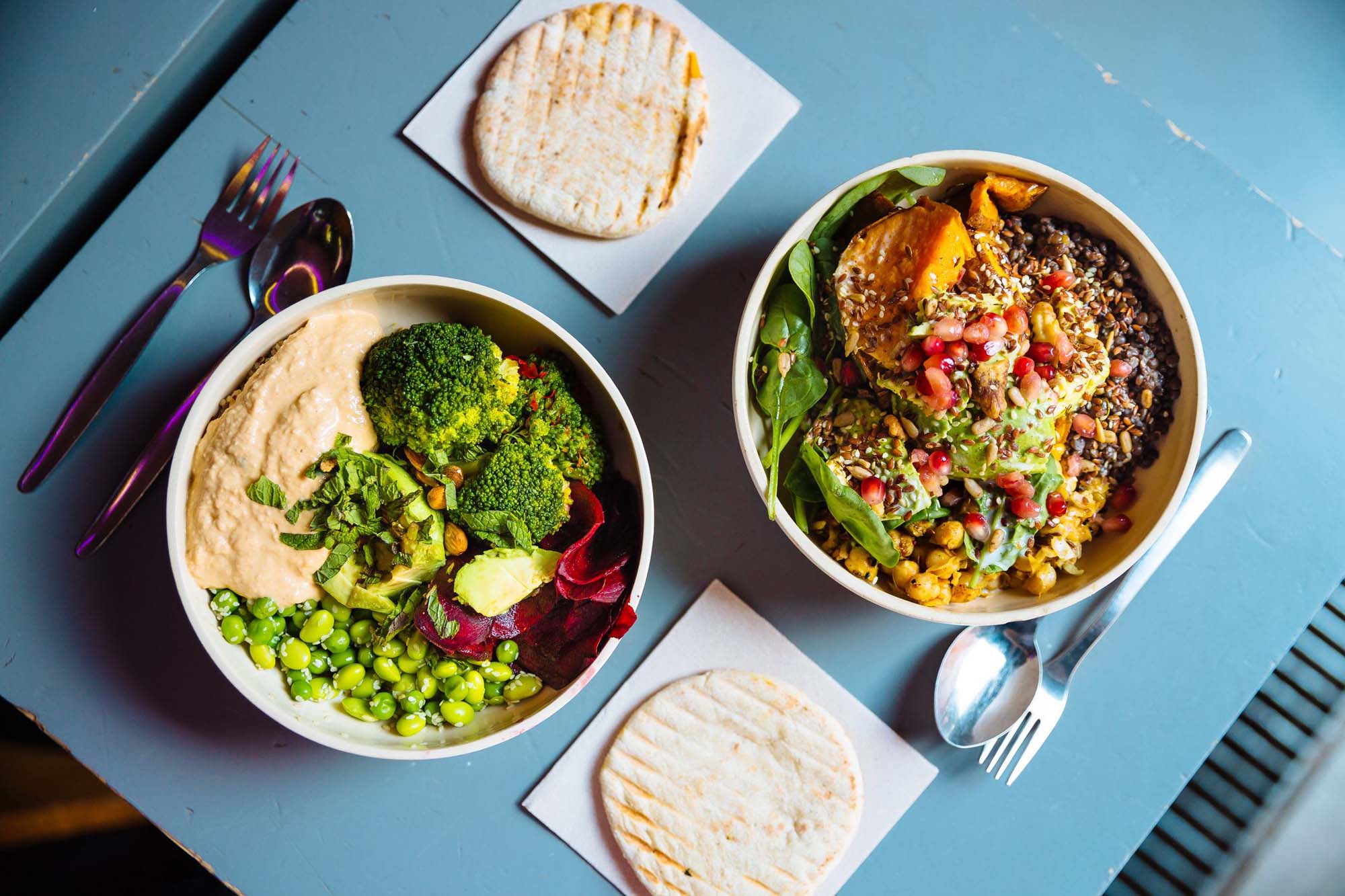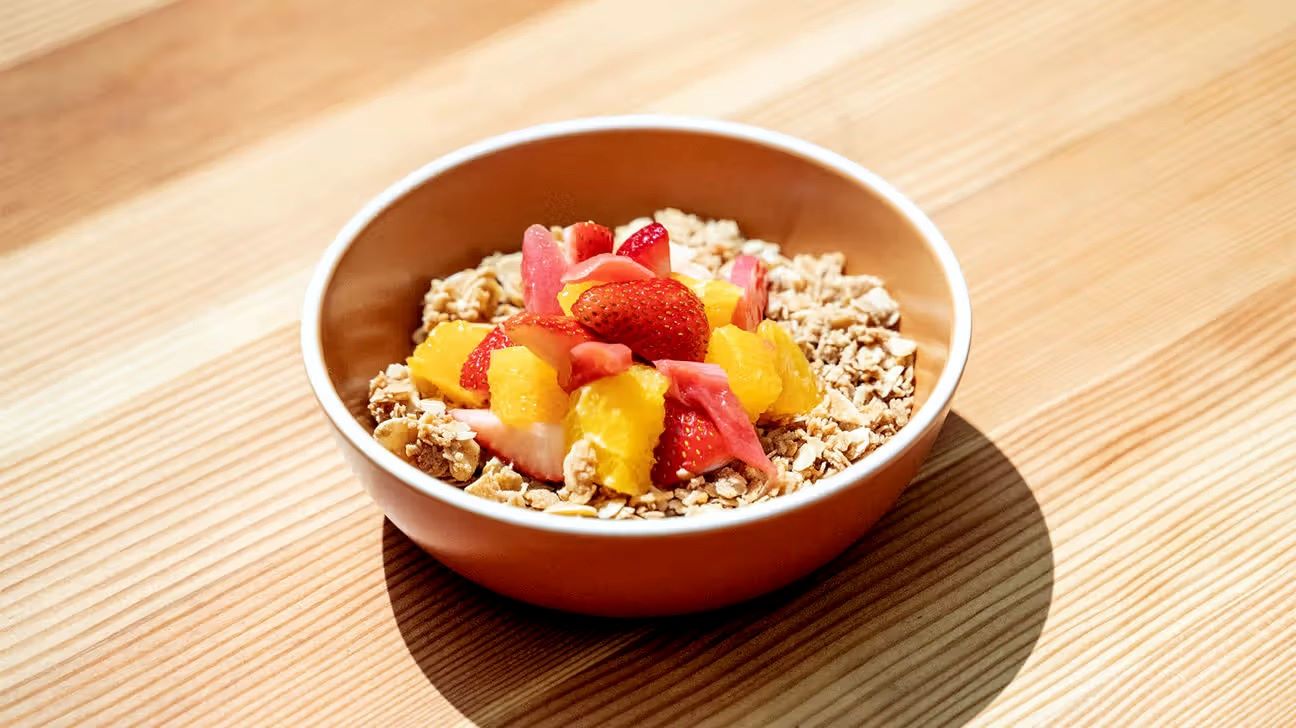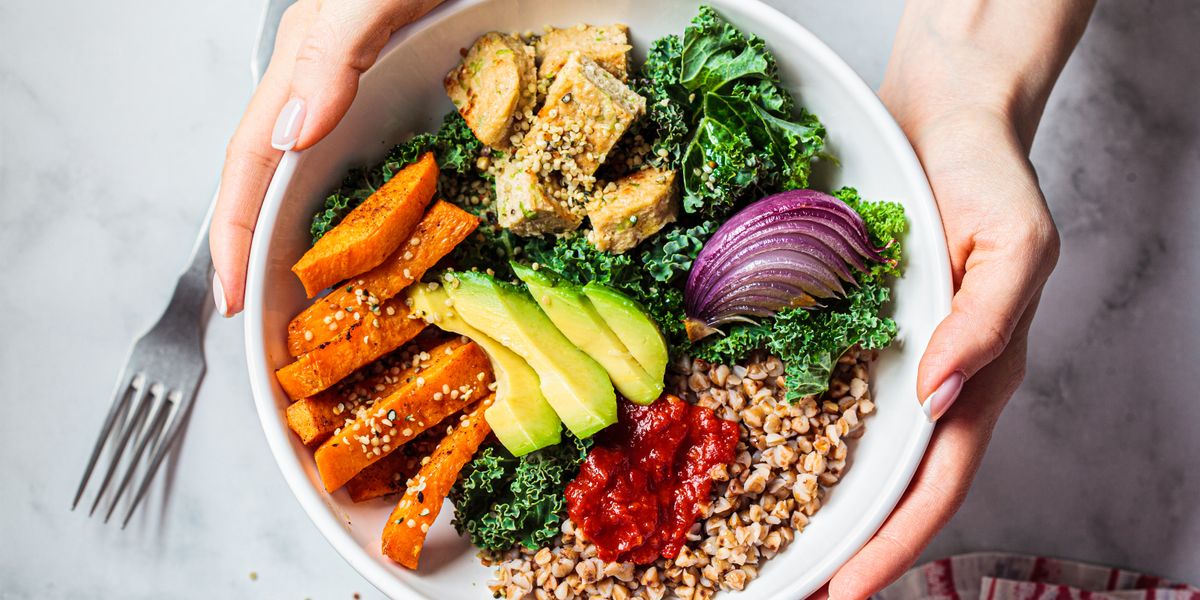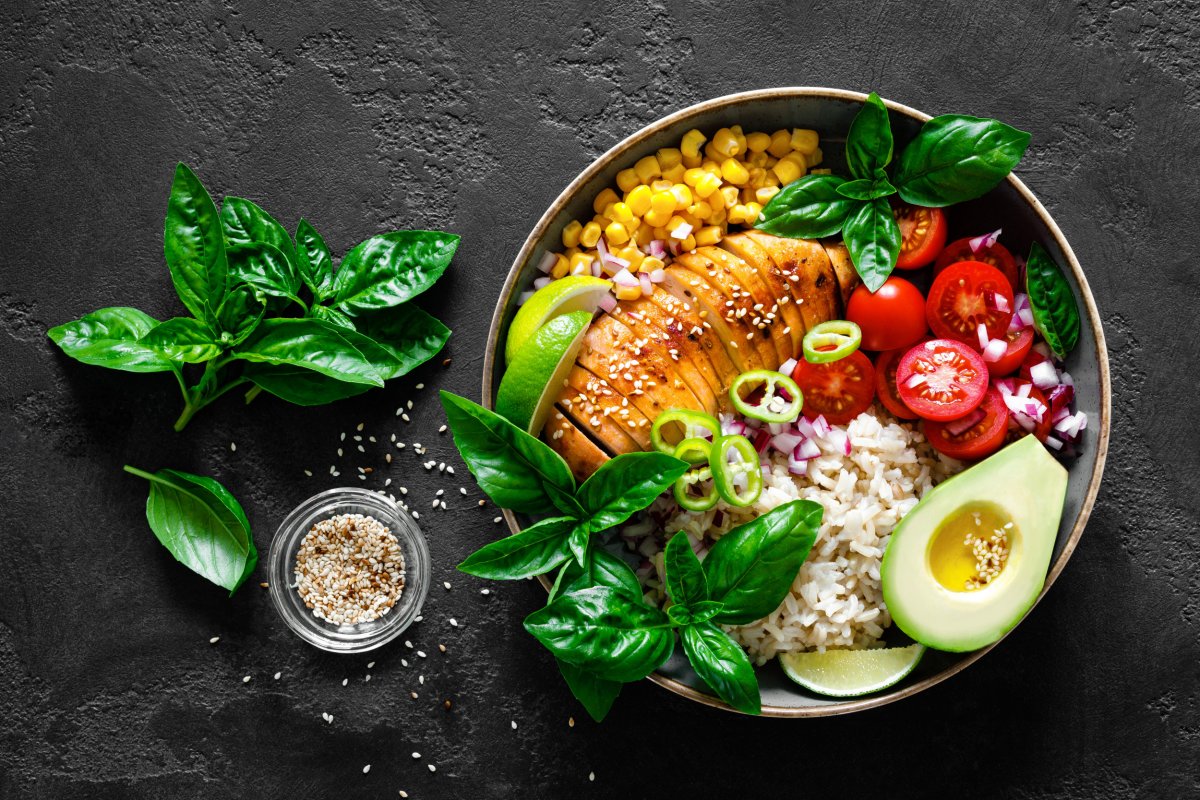Understanding the Role of Fats in a Healthy Diet
When it comes to nutrition, fats often get a bad rap. However, not all fats are created equal, and some are actually essential for a healthy diet. Understanding the role of fats and how to incorporate them into your meals can be a game-changer for your overall well-being.
The Different Types of Fats
Before we delve into how to eat fats, it’s important to understand the different types of fats. There are three main types of dietary fats:
- Saturated fats: These fats are commonly found in animal products such as meat and dairy, as well as in some plant-based oils like coconut and palm oil.
- Monounsaturated fats: These fats are found in foods like avocados, nuts, and olive oil.
- Polyunsaturated fats: These fats are found in fatty fish, flaxseeds, and walnuts. They include omega-3 and omega-6 fatty acids, which are essential for good health.
Incorporating Healthy Fats Into Your Diet
Now that we’ve covered the different types of fats, let’s talk about how to eat them in a way that promotes good health. Here are some tips for incorporating healthy fats into your diet:
- Choose the right oils: Opt for heart-healthy oils like olive oil, avocado oil, and flaxseed oil for cooking and salad dressings.
- Eat fatty fish: Aim to include fatty fish like salmon, mackerel, and sardines in your diet a few times a week to get a good dose of omega-3 fatty acids.
- Snack on nuts: Nuts and seeds are great sources of healthy fats. Snack on a handful of almonds, walnuts, or pumpkin seeds for a satisfying and nutritious snack.
- Avocado love: Add slices of avocado to your sandwiches, salads, and wraps for a creamy and nutritious boost.
- Include whole eggs: Don’t skip the yolks! Whole eggs are a great source of healthy fats and essential nutrients.
Portion Control and Moderation
While incorporating healthy fats into your diet is important, it’s also crucial to practice portion control and moderation. Fats are calorie-dense, so it’s easy to overdo it. Be mindful of your portion sizes and aim for a balanced intake of fats along with other essential nutrients.
Final Thoughts
When it comes to fats, the key is to focus on quality rather than quantity. By choosing healthy sources of fats and incorporating them into a well-rounded diet, you can reap the many benefits they have to offer. Remember, fats are an essential part of a healthy diet, so embrace them in a mindful and balanced way.
By following these tips, you can enjoy the delicious and satisfying flavors of fats while nourishing your body and supporting your overall health.
